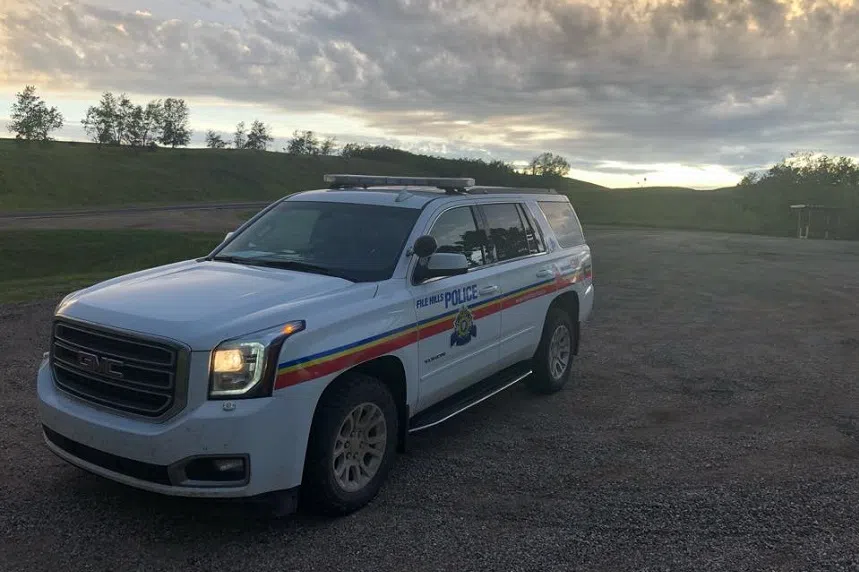Relationship-building between officers and communities was a hot topic at the First Nations Policing and Justice Symposium in Saskatoon.
The policing panel session featured First Nations police chiefs from across the country. In attendance were Lennard Busch from File Hills, Kyle Melting Tallow from the Blood Tribe police service, Roland Morrison from Nishnawbe Aski police, Rick Head from Manitoba First Nations police service and Saskatoon’s Troy Cooper.
Among the questions asked of the panellists by moderator Dan Belgarde, the question of recruitment processes and training sparked some of the more lively answers.
Melting Tallow spoke about the trend he started seeing in the Blood Tribe community where officers would come for only short periods of time before moving on to different police forces. He said his force was being used only as a training ground but didn’t have much long-term commitment.
“So we really analyzed that with the community. And we said, ‘Tell us what you want.’ And they said they wanted people who knew the local customs, traditions and belief systems of the nation. So we said, ‘OK, let’s do that’ and we went and really unravelled our recruiting process and broke it down and started from scratch,” he said.
“We said, ‘What are we doing to attract people here outside of basically plugging the hole of boots on the ground and making sure somebody was there to answer the call for service?’ So what we did was we actually went out and started looking for the person that would fit the organization and the community.”
Cooper said relationships between First Nations people and police is “critical,” especially in a city like Saskatoon that has a high population of First Nations people.
Cooper brought up the example of a Regina officer being stabbed while on duty recently, when talking about how difficult relationship-building is with violent crimes and weapons use going up in the province.
“As we’ve seen the crystal meth issue grow, along with that comes street gangs, along with that comes violence, we’ve had a lot of increase in firearm use. When our officers are responding, when they suspect there may be violence, when they suspect there may be firearms, it’s very difficult for them to build really strong relationships,” he said.
“It pushes them back and that’s a concern, a real challenge for us in the last number of years here. Now when we are trying our hardest (to build relationships) all of a sudden we see our officers pulling back from the community and acting more militant because they have to for their own safety. That’s a challenge.”
Cooper said strong relationships between officers and communities start with officers understanding the culture of those communities, which is why that is incorporated into police training in the city.
But to make sure the information is really sinking in with the officers, Cooper said they are asking for a review by a research foundation so they can measure that the city’s officers are understanding what is being taught about the community.







